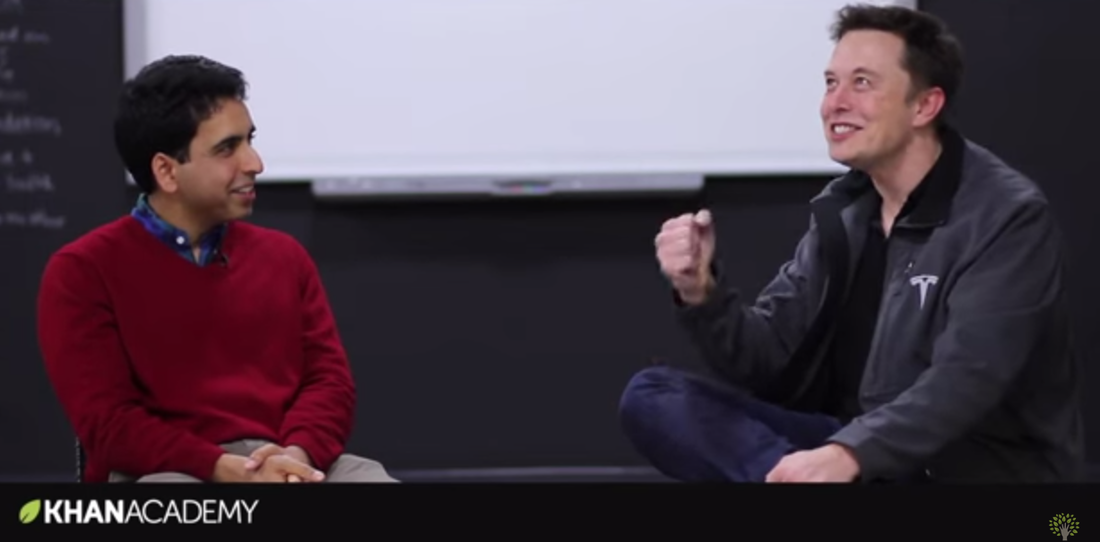Musk starts off the interview by describing some of the typical, day-to-day fiascos of running his electric car company. They were missing $3 USB cables that halted production because Tesla's China USB cable supplier decided to combine their simple order with another shady shipment that was halted at US Customs, alongside the silly little USB cables. An expedited USB cable air freight order from another China supplier was placed but Tesla's credit was bounced back due to their original order. Tesla employees were then forced to go out and snatch up every USB cable available from local retailers. This, Musk explained, is just one typical example of the farcical nature of running a company. Many things can go wrong at any given point in time, as you can imagine.
Sal is palpably curious throughout the interview and asks Musk very straightforward questions, such as: how does one go about starting a rocket company?
If you asked an American in 1969 what the space exploration industry would be like in 2013, people would logically deduce that there would be orbiting space hotels, some people will obviously have been sent to Mars, there would be a base on the moon and maybe even a base on Mars, as well. However, and almost surprisingly, none of those predictions would have turned out to be right. But in a classically stoic spin on the astonishing failures of space exploration in the past forty years, Musk then presents Sal with an equally non-sensical happening of our current day "future." If you were to tell the same hippie in 1969 that we never made it back to the moon, but instead, jam packed inside aluminum casing about the size of a deck of cards, there exists a device that grants you access to all of mankind's information using something called "the internet." This device would allow you to instantly communicate with anyone in the world, provided they are also carrying this relatively inexpensive metallic device. Clearly the hippie would most likely call bullshit. They wouldn't even have a kernel-sized notion of what "the internet" meant. "What the heck is the internet?"
Musk realizes the importance of humanity expanding out of earth. Eventually, whether within the next century, (nuclear meltdowns and warfare, fracking, violent AI revolution, rising sea levels, draughts, rising numbers of species extinctions, reproductive failure (thanks Monsanto)) or the next few billion years (our eventual exploding sun swallowing planet earth whole), life on our planet, and our planet itself, will inevitably die out. Having people colonizing other planets will increase the probabilities of our species' proliferation in the early and deeper stages of the cosmological future. Maybe we'll figure out, along the way, where to go if the universe does indeed end in a Big Crunch. Surely the future robo-sapiens will be too busy colonizing and exploring other habitable universes to be worried about any Big Crunches. Maybe we do get out alive.

 RSS Feed
RSS Feed
